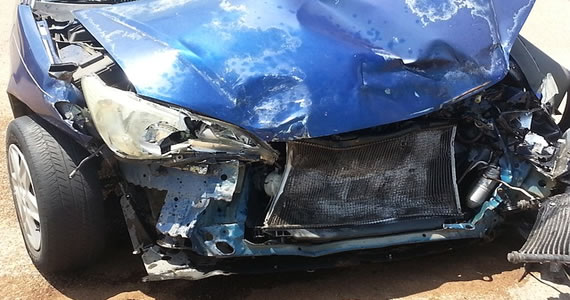The aftermath of a car accident can feel disorienting and unsettling, especially if the wreck resulted in injuries to you or extensive damages to your vehicle. Whether you’re reading this article at the scene of the accident or while waiting to speak to an insurance representative, one of the most important characteristics you must identify is legal fault.
You should never admit fault for an accident, since this can lead to penalties regardless of the veracity of the statement. But how can you know for sure that you weren’t at fault? Below we list some common indicators of fault.
1. The Other Driver Admitted Fault
Most insurers and legal professionals recommend not admitting fault after an accident. If the other driver willingly admits fault, either he or she has never heard that advice or he or she really is at fault.
2. Witnesses Place Fault with the Other Driver
Witness statements can hold a lot of sway in accident claims proceedings. Listen to the witnesses talk to each other and the police. If they actively identify the other driver as the accident’s cause, you probably aren’t at fault.
3. You Didn’t Have Time to Brake
If you saw the accident coming, but didn’t have time to brake, you may not legally be at fault. However, this depends on your state and local laws. In some areas, braking does not affect assignment of guilt. Contact attorney Jonathan Groth for more information on Milwaukee accident laws.
4. You Didn’t See the Accident Coming
If you were blindsided, chances are good the accident wasn’t your fault. However, this is not the case if you caused an accident by neglecting your duties as a driver.
5. You Were Hit from Behind
In some states, if a driver is rear-ended, he or she is never considered legally at fault. If you were hit from behind, this law may apply to you.
6. You Were Not Issued a Ticket at the Scene
While this rule is far from universal, you may not be at fault if the police issued a ticket to the other driver at the scene, but not to you. Keep in mind, however, that the police do not issue tickets after every accident.
If you don’t know whether or not you were at fault (or you were wrongfully blamed for the accident), talk to an accident attorney. He or she can help you determine your rights, your legal responsibilities, and the compensation you are due.














